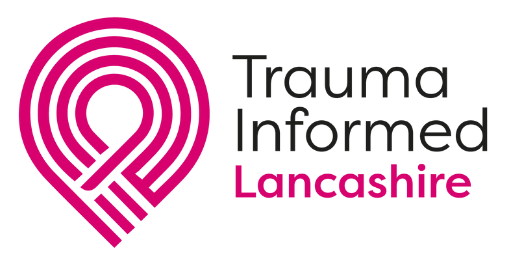On this week’s Recovery Round-Up, we have a powerful article from Beth, an Associate Navigator with Changing Futures – a team that supports people who have frequently experienced the deepest of traumas. Describing her own lived experience of mental health difficulties and the self-medication that followed as a result, Beth offers a personal insight into the value of trauma-informed care and its transformative potential.
Today’s post is a follow-on piece from June 9th’s article regarding a trauma-informed approach to recovery; a trauma-informed approach asks not “What is wrong with you” but “What happened to you”.
CONTENT WARNING: This article discusses mental health issues, suicidal ideation and substance misuse.
Throughout my adolescence and early adulthood, I experienced a smorgasbord of mental health struggles. Describing a multitude of mental health conditions in this way may seem somewhat crass, however, at times it really felt as though I was a pick ‘n’ mix of mental instability! A generous spoonful of anxiety, 300g depression, a sprinkling of PTSD, a heaped teaspoon of BPD, a couple drops of schizophrenia, lashings of suicidal tendencies, and (ironically) don’t forget to add the pinch of Anorexia. One diagnosis or theory seemed to follow the next in a scramble to explain what was wrong with me and, in turn, I was sent for a new type of therapy and given new medication in a vicious cycle. Of course, this approach only exacerbated the feeling of being ‘different’ or ‘unstable’ and led me to believe I was ‘incurable’ – not helped by the fact a doctor once asked me, ‘If you’ve had therapy and are on medication, why aren’t you better yet?’.
As a result, I believed that my brain simply didn’t operate on the same wavelength to the rest of society – an array of prescription medications had been ineffective, and years of CBT and the like were unsuccessful. I felt my only options were to self-medicate through substance misuse, or to cease to exist. I tried both. Neither worked.
By 17, I could not leave the house to go to college without consuming alcohol first and having a continuous supply throughout the day. I could not come home and sit alone with my thoughts without consuming cocaine to feel less empty. I couldn’t sleep without weed to forget about the constant turmoil I felt and push away the dread of repeating the cycle the next day – and this was my weekday routine. This is what it took me to function without debilitating anxiety and crippling depression. The weekends, as they often are at that age, were a chance for a blowout. I would take anything and everything under the sun and wash it down with bottle after bottle of spirits. In my heart of hearts, I was hoping that this weekend would be the deathly cocktail of known and unknown substances that finally ended the pain once and for all.
Flashforward to present day and I am in a much better place, largely thanks to my amazing friends picking me up (quite literally), dusting me off and lifting me up. I no longer want to dwell on where things went wrong for me, though, but instead, where they could have gone right.
If we went back to my adolescence, had the doctors/psychologists/psychiatrists asked, ‘What happened to you?’ instead of ‘What’s wrong with you?’, the childhood experiences that created anxious thought processes and a feeling of hopelessness would have been uncovered and I would have been given the opportunity to work through them. Were my mental health struggles acknowledged as the symptoms of unhealed trauma, rather than an illness to be cured, I may have never fallen into a downward spiral.
I remember so vividly as an adolescent being asked: what in your life is making you feel this way? …and I didn’t have an answer. What in my environment was making me feel so anxious I couldn’t move? I didn’t know. What in a given day led me to feel low? I couldn’t pinpoint anything. However, after minutes of hearing about my childhood, one realises that there were multiple red flags. Had they looked back for trauma, rather than looking for specific present-day stimuli, I wouldn’t have felt like an incurable anomaly.
Discovering a trauma-informed approach to recovery has felt like a new lease of life. Everything that was once an impossible puzzle seems infinitely explainable, and I can see a path forwards: not just to surviving, but thriving.







